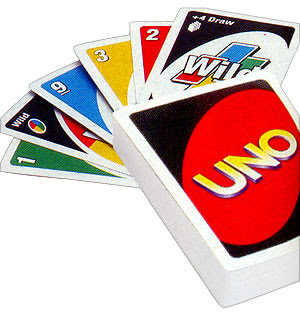I fixed a bug in the record function. Now the system will play back the right notes in the rhythm that was actually played instead of making up its own song.
I added a tempo keeper or metronome. I'm trying to design the whole game to have a rhythm or a beat. This continuous beat would make a transition between otherwise disjointed sections of the game. It won't be as overt as a ticking metronome, but more internalized like a heartbeat.
I created a music recognizer. This little tool recognizes if a certain progression of notes in a specific order are played. It works hand in hand with the metronome to keep the player playing the right notes on the right beats.
Music, however, isn't always about fixed rhythms and note patterns. Even when playing the same thing repeatedly, there is an acceptable level of variation. The same notes can be played with a slight change in the rhythm, or the same rhythm can be played with changes to the notes. This dual layered quality of music recognition makes up the foundation of the musical identification (music ID) system I'm designing for GuitaRPG.
Ideally, the game will be able to recognize note or rhythmic similarities from what the player plays. Think of it like musical Uno; instead of colors and numbers, it's notes and rhythm. GuitaRPG will have a small library of musical IDs, but the game will also be able to recognize patterns from examples the player has played previously. For example, if the player plays the beginning of the Mario theme, then that section can be identified and stored in the game. It's even possible for the game to calculate how "Mario" a players style is.
Currently, I'm working on the intro-tutorial section of the GuitaRPG. Rhythm Tengoku and PaRappa the Rapper have heavily influenced my design of this section. I'll have a new demo out soon, and with it a new podcast.
It's all very exciting. Stay tunned.
